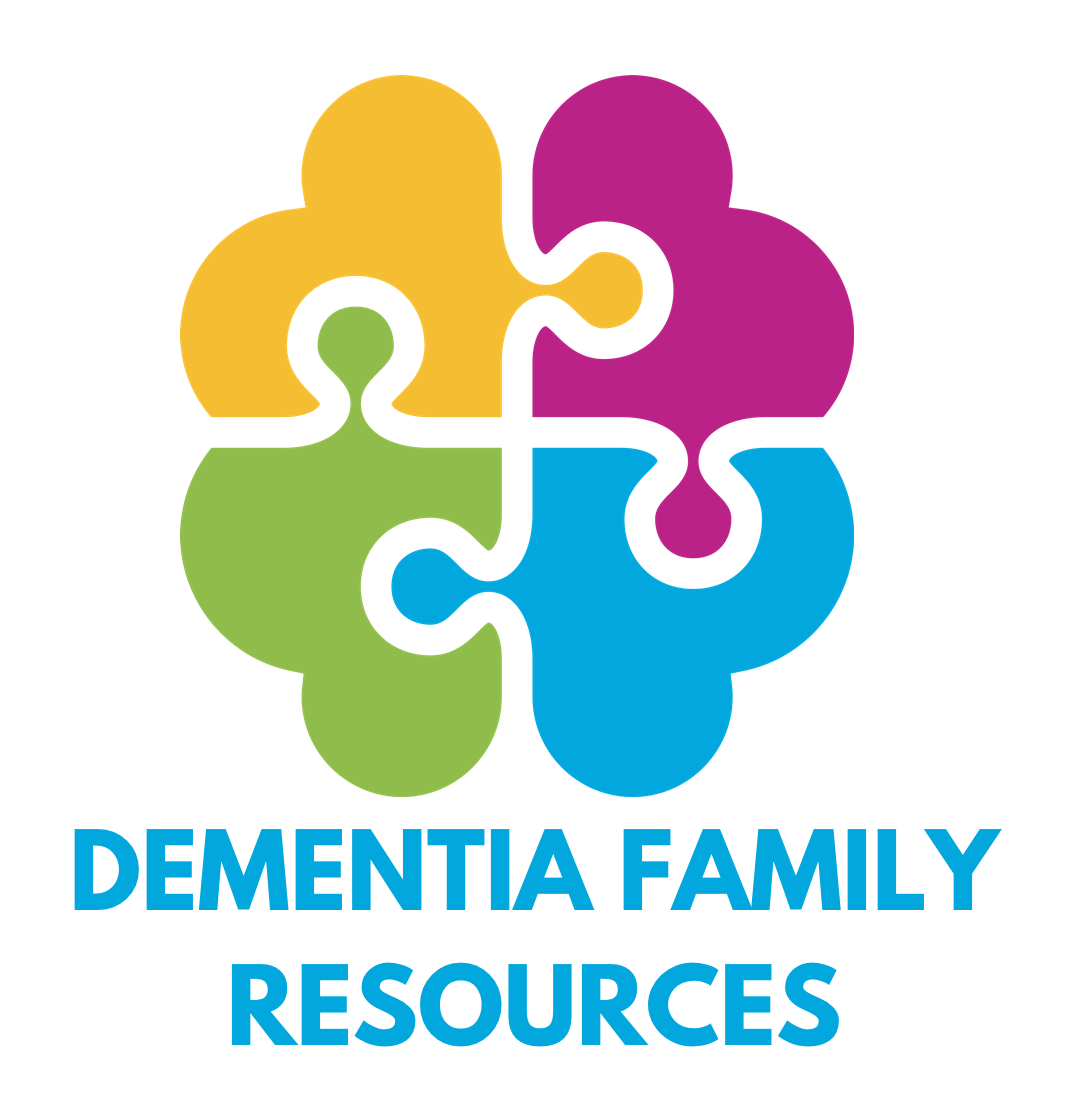
Contact Us
We will get back to you as soon as possible
Please try again later


What is Dementia?
Dementia is a general term that describes a group of symptoms characterized by a decline in mental ability severe enough to interfere with daily life. It is not a specific disease but rather a broad category comprising numerous conditions, the most common of which is Alzheimer's.
Symptoms of dementia can vary greatly, but at least two core mental functions must be significantly impaired to be considered dementia: memory, communication and language, ability to focus and pay attention, reasoning and judgment, and visual perception. Some individuals with dementia may experience difficulties with short-term memory, such as remembering appointments or keeping track of personal items. In contrast, others might struggle with problem-solving or the ability to perform familiar tasks.
Changes in mood and personality, as well as confusion and disorientation in time and place, are also common indicators. It's important to note that dementia is progressive, meaning that the symptoms gradually worsen over time, impacting the individual’s independence and daily functioning
.
Symptoms of Dementia
Dementia is characterized by a range of symptoms affecting mental cognitive tasks such as memory and reasoning. The most common signs include memory loss, particularly noticing a decline in the ability to recall recent events.*
· Difficulty in finding the right words
· Challenges in solving problems or handling complex tasks
· Personality or mood changes
· Confusion
· Disorientation
· Decreasing ability to perform routine tasks.
· Lack of interest in social activities
· Significant changes in personality and behavior
*It's vital to note that symptoms can vary significantly among individuals based on the type of dementia and the stage of the disease. Only a doctor can diagnosis disease.
Alzheimer's Disease
Dementia is an overarching term that describes a group of symptoms affecting memory, thinking, and social abilities severely enough to interfere with daily functioning. It isn't a specific disease, but several different diseases may cause dementia. Alzheimer's Disease is the most common cause of dementia and is characterized by plaques and tangles in the brain. Below are other common types.
Vascular Dementia
This second most common type of dementia occurs because of damage to the vessels that supply blood to your brain.
Lewy Body Dementia
Named for the abnormal clumps of protein found in the brains of people with this type of dementia, symptoms can include hallucinations, Parkinsonism, and fluctuations in alertness.
Frontotemporal Dementia
This is a group of diseases characterized by the breakdown of nerve cells in the front and side regions of the brain.
Early Onset Dementia
Early onset dementia, a condition typically occurring before the age of 65, presents a variety of symptoms that can impact a person's daily life. These can include memory loss that disrupts daily life, such as forgetting recently learned information or important dates. Difficulty completing familiar tasks at home, at work, or at leisure could also be a sign. Other symptoms could encompass confusion with time or place, trouble understanding visual images and spatial relationships, problems with words in speaking or writing, misplacing things and losing the ability to retrace steps, decreased or poor judgment, withdrawal from work or social activities, and changes in mood and personality.
What to do if you suspect your parent has memory loss
If you suspect a parent may be showing signs of Alzheimer's, the first step should be to encourage them to seek a medical evaluation. Provide emotional support and reassure them about your concern for their health. If they agree, accompany them to the doctor's visit. Keeping track of specific incidents or symptoms can be useful to provide a clearer picture to the healthcare provider. It's also crucial to educate yourself about Alzheimer's disease, its symptoms, progression, and management strategies. Finally, consider reaching out to support groups and resources that can provide guidance for both the patient and their family members in dealing with the challenges that Alzheimer's disease can pose.